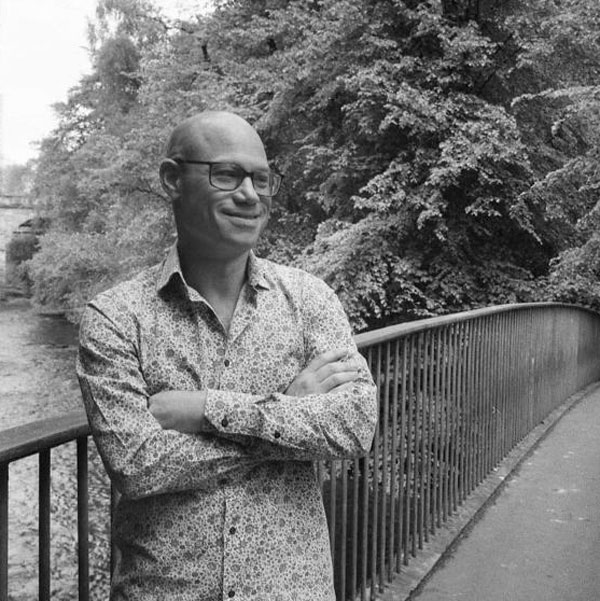
Our subjectsEnglish degrees
What is English?
Study English and you’ll learn about the world through the imagination of writers, past and present.
From the drama of Shakespeare, to the rhymes of contemporary rap, you’ll discover new ways of thinking about society and what makes us human.
Why study English?
English involves reading, writing and thinking critically and creatively, which can help you build your career in a variety of sectors and industries.
Why study English at Strathclyde?
The University of Strathclyde in Glasgow is an award-winning academic institution - the only to have won Times Higher Education University of the Year award twice!
As a student at Strathclyde, you'll enjoy the best of old and new: a grounding in the classics as well as an insight into new fields of literature. And you'll be taught by internationally-recognised writers, academics and experienced journalists.
Postgraduate support
Access a wealth of support and resources for postgraduate study. Details on the application process, accommodation, fees and other useful information can be found here.
Contact us
Prospective Student Enquiries
hass-ug-selection@strath.ac.uk for undergraduate course enquiries
hass-pgt-admissions@strath.ac.uk for postgraduate course enquiries

Read widely, think deeply, research thoroughly and revise closely, and you'll have a great time. Writing is a way of engaging with the world while trying to make sense of it. And the skills you will learn will be useful whether you go on to work in the writing or publishing industries or not.
Convener of the MLitt in Creative Writing
Our students

Gabriella Bennett
BA Journalism & Creative Writing
It gave me brilliant contacts and taught me how to look more closely at the world. How to scrutinise things without being scared of people thinking I was stupid for not having the answers yet.